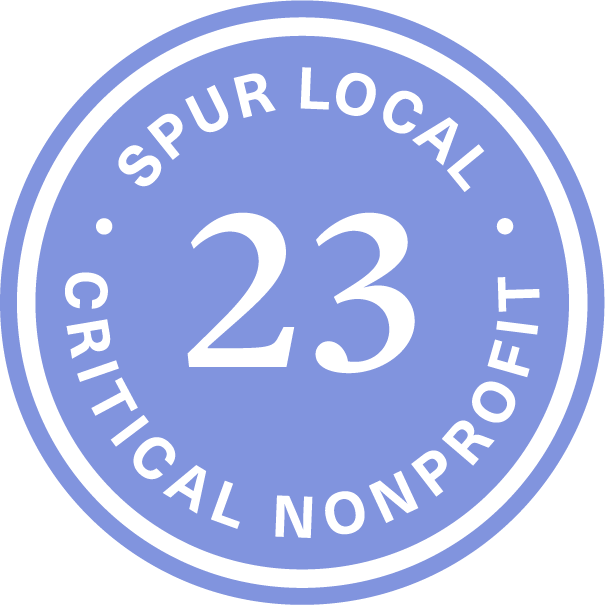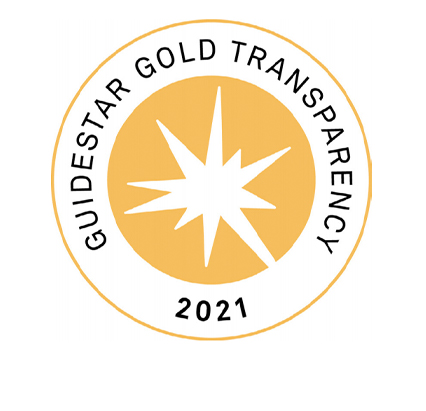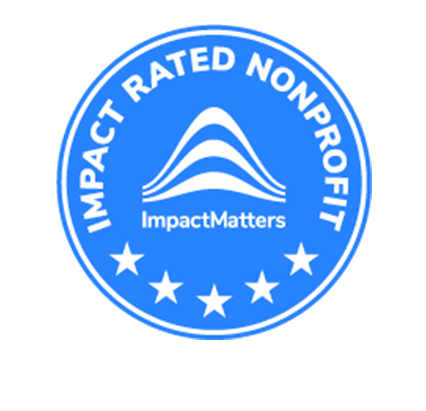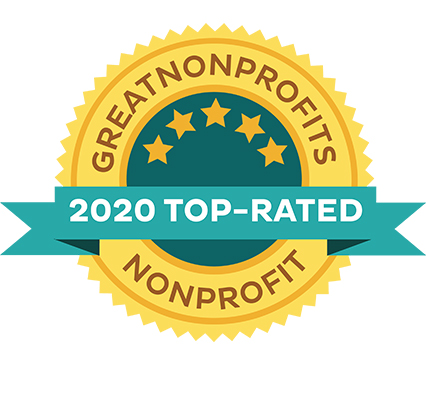WASHINGTON REDSKINS, WELLS FARGO, SALESFORCE FOUNDATION, DISTRICT ALLIANCE FOR SAFE HOUSING AND KaBOOM! TO BUILD PLAYGROUND IN ONE DAY FOR CHILDREN
On Saturday November 3rd, 2012, more than 250 volunteers from the Washington Redskins, Wells Fargo, the Salesforce Foundation, the District Alliance for Safe Children (DASH), organizers from KaBOOM! (the national non-profit dedicated to saving play for America’s children by creating play spaces through the participation and leadership of communities), and residents of the Washington D.C. community will join forces to build a new playground at DASH’s Cornerstone Housing Facility, the District’s largest dedicated safe housing program for victims of domestic violence and sexual assault and their families.
DASH acts as a safe haven for women and their children by providing long-term safe housing and services to survivors of domestic violence and sexual assault and their families as they rebuild their lives on their own terms. We help them move toward not only safety, but also hope, independence, family, peace, and everything that “home” represents community programs. We want to be a place where people can find “help, hope and healing.”
DASH needs the community’s help to make this playground project a success for our children. You can sponsor this exciting project by volunteering on prep or build days (Nov. 1, 2, and 3), making a monetary donation, donating food and/or snacks for the 250 volunteers, or loaning/donating other needed materials such as tents, chairs, tables, coolers, heaters, etc. Please see the detailed list below to find out what is still needed and how you can be involved!
We hope you will be our partner in transforming the lives of children who need our help.
If you have any questions, please contact Dana Arneson at darneson@dashdc.wpengine.com.
………………………………………………………………………………………………………………..
DONATION OPPORTUNITIES
You can help sponsor the playground with a monetary donation by clicking HERE and writing “playground” where it says Designation, or sending a check to P.O. Box 91730, Washington, DC 20090, or contacting Dana Arneson, DASH’s Development Director, at darneson@dashdc.wpengine.com.
You can also sponsor the playground by donating items DASH needs to gather in the next month to build this playground for our children.
………………………………………………………………………………………………………………….
FOOD & PAPER GOODS
- PAPER GOODS, UTENSILS FOR 250 PEOPLE
Prep Day 1—Thursday, November 1st
- Breakfast (for 30 volunteers)
- Lunch (for 30 volunteers)
- Drinks-non water (for 30 volunteers)
- Snacks (for 30 volunteers)
Prep Day 2 –Friday, November 2nd
- Breakfast (for 30 volunteers)
- Lunch (for 30 volunteers)
- Drinks (for 30 volunteers)
- Snacks (for 30 volunteers)
Build Day—Saturday, November 3rd
- Breakfast (for 200 volunteers)
- Lunch (for 200 volunteers)
- Drinks (for 200 volunteers)
- Snacks (for 200 volunteers)
………………………………………………………………………………………………………
EQUIPMENT
- Tables
- Chairs
- Large Tents
- PA System
- Coolers for food
- Space heaters
………………………………………………………………………………………………………
VOLUNTEER OPPORTUNITIES
Volunteers do not have to be trained, skilled or have any special tools!
- 1. DJ: for Build day Saturday, November 3rd
- will be present on site throughout build from 8am-2:30pm to play music for the volunteers and keep the energy level high.
- Certified First Aid Provider for Build Day: Saturday, November 3rd
- will be present on site throughout build from 8am-2:30pm
- 3. Build Day Captain (16-20 needed)
- will be assigned 10-20 volunteers, attend training on Prep Day, and arrive very early on Build Day morning to help set up the site
- Volunteer for Prep Day 1—Thursday, November 1st: 8:00am-5:00pm (30 needed)
- Volunteer for Prep Day 2—Friday, November 2nd: 8:00am-5:00pm (20 needed)
- Build Day Volunteer—Saturday, November 3rd:
8:00 AM: Registration and Breakfast
8:30 AM: Kick-Off
11:30-1:30 PM: Lunch in shifts for all volunteers
2:30 PM: Ribbon-Cutting and Dedication Ceremony
- Registration Volunteer to oversee registration for Build Day November 3rd: 7:30-2:30pm (4 needed)
- Food Service Volunteers to staff food service area, set up and serve breakfast and lunch
- Saturday, November 3rd: 7:00am-2:00pm (8 volunteers needed)


























